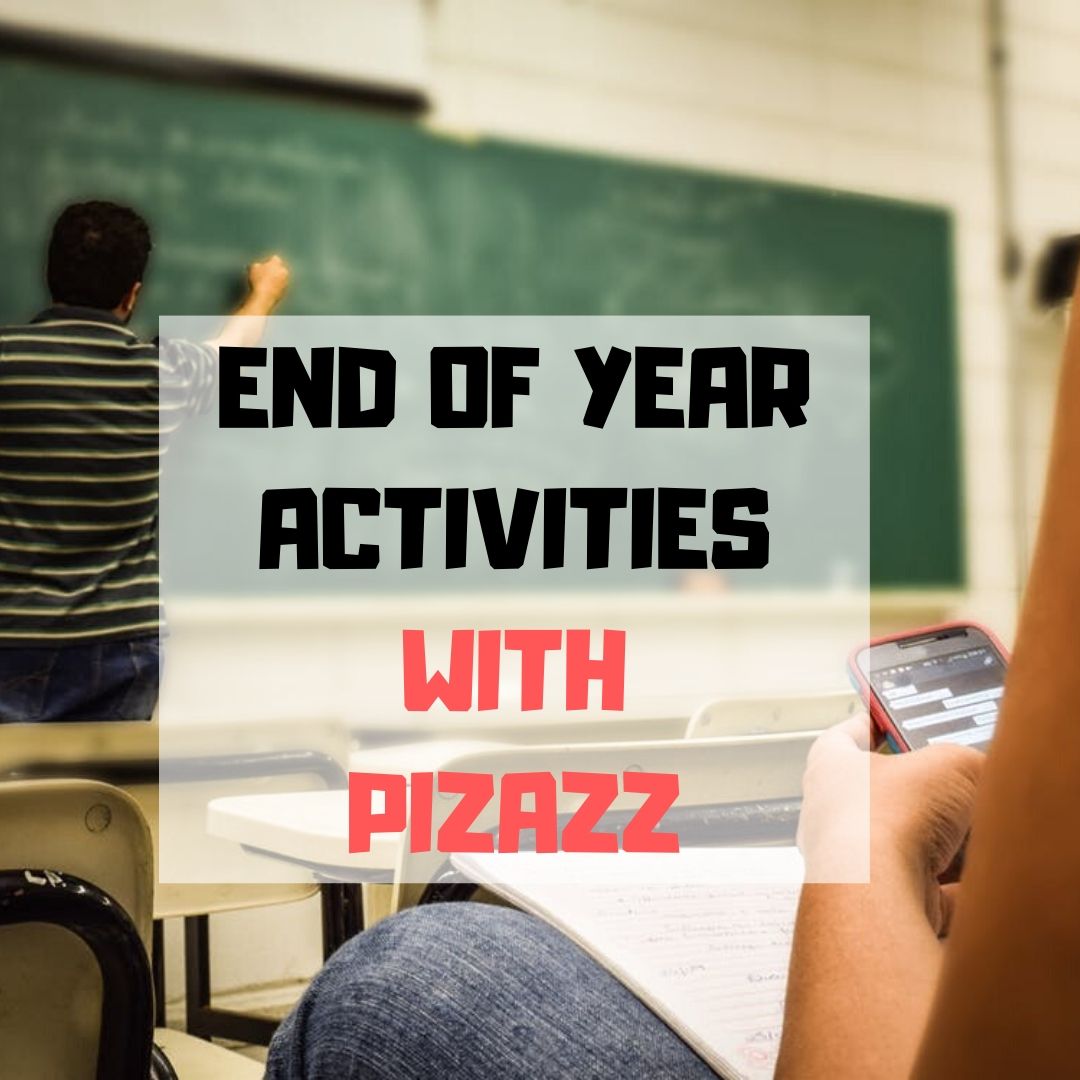It used to be simple to post grades. Add up test scores and see what the student earned. Very defensible. Everyone understood. It’s not that way anymore. Here are factors I consider when I’m posting grades for my tech students:
- Does s/he remember skills from prior lessons as they complete current lessons?
- Does s/he show evidence of learning by using tech class knowledge in classroom or home?
- Does s/he participate in class discussions?
- Does s/he complete daily goals (a project, visit a website, watch a tutorial, etc.)?
- Does s/he save to their network folder?
- Does s/he try to solve tech problems themselves before asking for teacher help?
- Does s/he use core classroom knowledge (i.e., writing conventions) in tech projects?
- Does s/he work well in groups?
- Does s/he use the internet safely?
- Does s/he [whichever Common Core Standard is being pursued by the use of technology. It may be ‘able to identify shapes’ in first grade or ‘able to use technology to add audio’ in fourth grade]?
- Does s/he display creativity and critical thinking in the achievement of goals?
- Has s/he progressed at keyboarding skills?
- Anecdotal observation of student learning (this is subjective and enables me to grade students based on effort)
- Grades on tests, quizzes, projects
I’m tempted to put everything in a spreadsheet, award a value, calculate a total and find an average. Then–Magic! I have a grade! It’s risk-averse, explainable to parents and Admin, a comfort zone of checklists and right-and-wrong answers. But, I know I can’t do that. In an inquiry-based classroom, too much is a subjective analysis, a personal evaluation of the student’s uniqueness. I can’t–and don’t want to–get away from that approach.
What do you use that I haven’t mentioned? I’m already thinking ahead to the next grading period.
Copyright ©2023 usna.wordpress.com – All rights reserved.

Jacqui Murray has been teaching K-18 technology for 30 years. She is the editor/author of over a hundred tech ed resources including a K-12 technology curriculum, K-8 keyboard curriculum, K-8 Digital Citizenship curriculum. She is an adjunct professor in tech ed, Master Teacher, webmaster for four blogs, an Amazon Vine Voice, CSTA presentation reviewer, freelance journalist on tech ed topics, and author of the tech thrillers, To Hunt a Sub and Twenty-four Days. You can find her resources at Structured Learning.





































